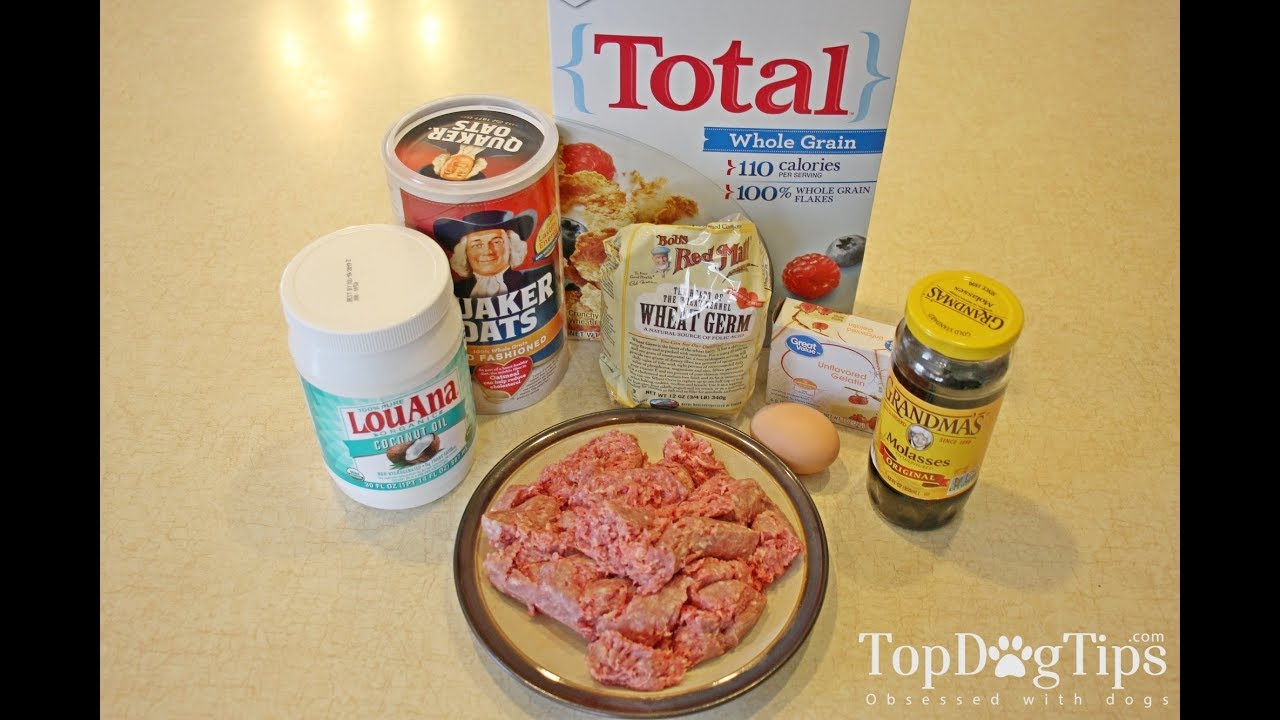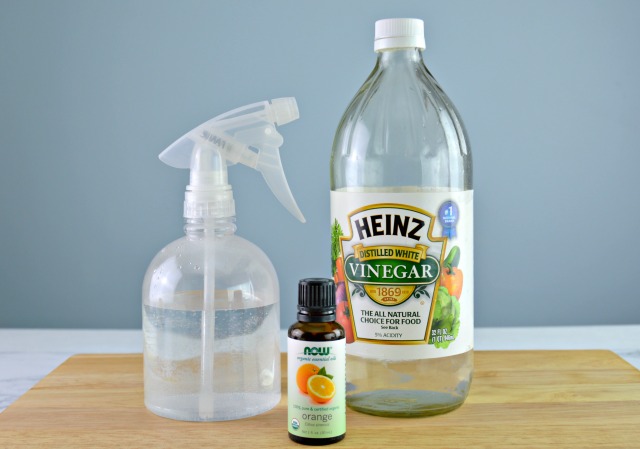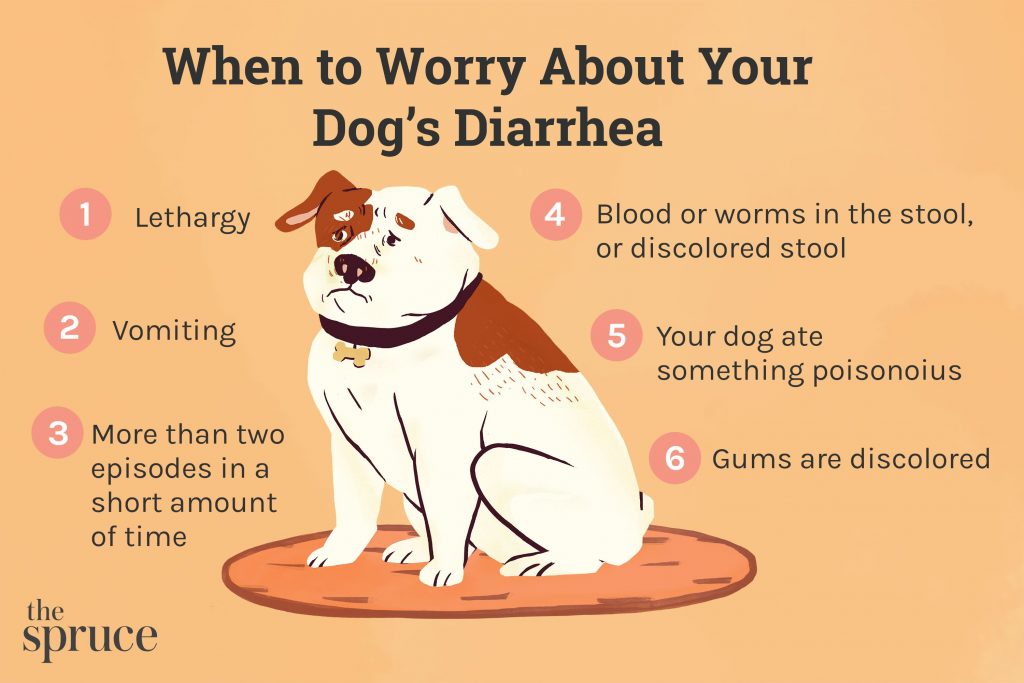What to Do If Your Dog Has Diarrhea for 2 Days: A Guide for Pet Owners. Is your furry friend experiencing diarrhea for 2 days? Don’t panic! Our guide for pet owners has simple solutions To help your dog find relief. Get expert tips now!
What To Do If Your Dog Has Diarrhea for 2 Days: A Guide for Pet Owners
If your dog has been experiencing diarrhea for two days, it is important To take action & address The issue promptly. Diarrhea can be a sign of an underlying health problem, & prolonged diarrhea can lead To dehydration & other complications. In this guide, we will discuss what To do if your dog has diarrhea for 2 days, including when To seek veterinary care & how To manage The situation at home.
Understanding The Possible Causes
Diarrhea in dogs can have various causes, ranging from dietary indiscretion To infections & more serious medical conditions. Common causes include:
1. Dietary changes or food intolerance: Abrupt dietary changes or introducing new food items can upset your dog’s digestive system, leading To diarrhea.
2. Ingestion of foreign objects: Dogs are notorious for eating things they shouldn’t. Ingestion of toys, socks, or other objects can cause digestive issues & diarrhea.
3. Viral or bacterial infections: Dogs can contract viral or bacterial infections that affect their gastrointestinal tract, resulting in diarrhea. These infections can be contagious & may require medical treatment.
4. Parasites: Intestinal parasites such as worms can cause diarrhea. Regular deworming is essential To prevent & manage this.
5. Stress or anxiety: Just like humans, dogs can experience stress or anxiety, which can manifest as diarrhea.
When To Seek Veterinary Care
While mild cases of diarrhea can often be managed at home, there are situations where veterinary intervention is necessary. You should seek veterinary care if:
1. The diarrhea is severe or persistent: If your dog is experiencing frequent bouts of diarrhea, if it is accompanied by other symptoms such as vomiting or loss of appetite, or if it is severe & watery, it is important To consult with your veterinarian.
2. There is blood in The stool: Blood in The stool can be a sign of a more serious underlying issue & should never be ignored.
3. Your dog is showing other concerning symptoms: If your dog is lethargic, has a fever, is experiencing abdominal pain, or is exhibiting any other worrisome signs, it is best To err on The side of caution & seek veterinary care.

4. Your dog is a young puppy or senior: Puppies & senior dogs are more vulnerable To dehydration & complications from diarrhea, so it is important To consult with your vet.
Remember, it is always better To be safe than sorry when it comes To your pet’s health. Your veterinarian will be able To evaluate your dog’s condition & provide The appropriate guidance & treatment.
Managing Diarrhea at Home
If your dog’s diarrhea is mild & there are no other concerning symptoms, you can try managing it at home. Here are some steps you can take:
1. Withhold food for 12-24 hours: This allows your dog’s digestive system To rest. However, it is crucial To keep your dog hydrated during this time. Offer plenty of fresh water or consider providing a homemade electrolyte solution (consult your vet for guidance).
2. Gradually reintroduce a bland diet: After The fasting period, start feeding small, frequent meals of a bland diet. This can include boiled chicken, white rice, or a prescription diet recommended by your veterinarian.
3. Monitor your dog’s stool: Keep an eye on The consistency & frequency of your dog’s stools. If they start To improve, you can slowly transition back To their regular diet.
4. Provide probiotics: Probiotics can help restore The balance of good bacteria in your dog’s gut. Your veterinarian can recommend a suitable probiotic supplement for your dog.
It is important To note that these home remedies are not a substitute for veterinary care. If your dog’s condition worsens or does not improve within a reasonable time frame, consult your vet for further evaluation.
Preventing Diarrhea in Dogs
Prevention is always better than cure. To minimize The risk of diarrhea in your dog, follow these preventive measures:
1. Maintain a consistent diet: Stick To a regular feeding schedule & gradually transition To new diets To prevent digestive upsets.
2. Avoid feeding table scraps: Human food can be too rich or contain ingredients that are toxic To dogs. Stick To a nutritious & balanced diet specifically formulated for dogs.
3. Keep harmful objects out of reach: Dogs are curious, & some objects can cause gastrointestinal obstructions. Ensure your home is dog-proofed To prevent accidental ingestion.
4. Practice good hygiene: Regularly clean your dog’s food & water bowls, wash your hands after handling feces, & ensure your dog receives regular parasite prevention treatments.
By following these preventive measures, you can reduce The risk of your dog developing diarrhea & promote their overall health & well-being.
The Importance of Veterinary Care
Remember, while managing diarrhea at home may be possible in some cases, it is essential To consult with your veterinarian if The symptoms persist or worsen. Your vet can accurately diagnose The cause of The diarrhea & provide appropriate treatment. Furthermore, they can offer personalized advice based on your dog’s specific health needs.
Never hesitate To reach out To your veterinarian for guidance when it comes To your pet’s health. They are your best resource for ensuring The well-being of your furry friend.
About The Author
As a dedicated pet owner myself, I understand The concern & worry that comes with a sick dog. It is important To stay vigilant & provide The necessary care when our pets are unwell. Through my own experiences, I have learned The importance of seeking veterinary advice & following their recommendations. I hope this guide has provided you with The information you need To take appropriate action if your dog has diarrhea for 2 days. Remember, your dog’s health is a priority, & with The right care, they will be back To their happy, healthy selves in no time.
Additional Resources:
– Diarrhea in Dogs – When To Worry & When To Wait
– Diarrhea in Dogs: Causes, Prevention, & Treatment
🐾 What To Do If Your Dog Has Diarrhea for 2 Days: A Guide for Pet Owners – Key Points 🐾
– Diarrhea in dogs can have various causes, including dietary changes, infections, & stress.
– If your dog’s diarrhea is severe, persistent, or accompanied by other symptoms, it is important To seek veterinary care.
– For mild cases of diarrhea, you can try managing it at home by withholding food, reintroducing a bland diet, & monitoring your dog’s stool.
– Prevention is key To avoiding diarrhea in dogs. Maintain a consistent diet, avoid feeding table scraps, & keep harmful objects out of reach.
– Remember, veterinary care is crucial for accurate diagnosis & appropriate treatment of your dog’s diarrhea. Never hesitate To consult with your veterinarian. What to Do If Your Dog Has Diarrhea for 2 Days: A Guide for Pet Owners

What To Do If Your Dog Has Diarrhea for 2 Days: A Guide for Pet Owners
Introduction
If your dog has been experiencing diarrhea for two days, it’s essential To take The appropriate steps To help them recover & ensure their well-being. As a pet owner, you play a crucial role in identifying The cause of your dog’s diarrhea & providing The necessary care. In this guide, we will discuss The common causes of diarrhea in dogs, home remedies, & when To seek veterinary assistance.
Identifying The Cause of Diarrhea
Diarrhea in dogs can have various causes, including:
- Dietary changes
- Ingestion of spoiled or toxic substances
- Food allergies or sensitivities
- Bacterial or viral infections
- Parasites
If your dog has been experiencing diarrhea for two days, it’s crucial To try & determine The underlying cause. Think about any recent changes in their diet, exposure To potential toxins, or contact with other sick animals. This information will help you & your veterinarian in diagnosing & treating The issue effectively.
Home Remedies
While it’s always recommended To consult with a veterinarian, there are several home remedies you can try To help alleviate your dog’s diarrhea:
- Hydration: Ensure your dog has access To clean drinking water at all times. Dehydration can worsen diarrhea & lead To other health complications.
- Bland Diet: Feed your dog a bland diet consisting of boiled rice & plain boiled chicken. This can help soothe their stomach & firm up their stool.
- Pumpkin: Adding a small amount of canned pumpkin (not pumpkin pie filling) To your dog’s food can help regulate their bowel movements.
- Probiotics: Probiotic supplements or plain, unsweetened yogurt can aid in restoring The balance of good bacteria in your dog’s gut.
Remember, these home remedies should only be used as a temporary solution. If your dog’s diarrhea persists for more than two days or if they show signs of lethargy, vomiting, or severe discomfort, it’s crucial To seek veterinary care.
When To Seek Veterinary Assistance
If your dog’s diarrhea continues for more than two days, it’s time To consult with a veterinarian. They will be able To perform a thorough examination & determine The underlying cause of your dog’s diarrhea. They may also recommend specific diagnostic tests, such as fecal analysis or bloodwork, To rule out any underlying infections or health conditions.
Additionally, if your dog exhibits The following symptoms, it’s important To seek immediate veterinary care:
- Persistent diarrhea for more than 48 hours
- Bloody or black stools
- Lethargy or weakness
- Loss of appetite
- Vomiting
- Abdominal pain or discomfort
- Fever
By seeking veterinary assistance promptly, you can ensure your dog receives The appropriate treatment & care.
Treatment Options
The treatment for your dog’s diarrhea will depend on The underlying cause. Your veterinarian may prescribe medication, such as antibiotics or anti-parasitic drugs, depending on The results of diagnostic tests. It’s crucial To follow their instructions carefully & complete The full course of treatment To ensure The best outcomes for your furry friend.
In addition To any prescribed medications, your veterinarian may also recommend dietary changes or specific pet-friendly probiotics To support your dog’s digestive system. It’s essential To follow their recommendations & monitor your dog’s progress closely.
Comparison Table
| Options | Home Remedies | Veterinary Assistance |
|---|---|---|
| Availability | Readily available at home | Requires a visit To The veterinarian |
| Effectiveness | May provide temporary relief | Addresses underlying cause for long-term resolution |
| Complexity | Easy To administer | Requires professional guidance & expertise |
Remember, while home remedies can help manage mild cases of diarrhea, consulting with a veterinarian is vital for proper diagnosis & appropriate treatment.
Conclusion
Caring for a dog with diarrhea for two days requires your attention & proactive measures. By identifying The cause, providing home remedies, & seeking veterinary assistance when necessary, you can help your furry friend recover & prevent further complications. Remember, never hesitate To consult with a veterinarian if you have any concerns about your dog’s health.

My personal experience with my own dog taught me The importance of prompt veterinary care when dealing with diarrhea. Although I initially tried some home remedies, his condition worsened, & I realized The importance of seeking professional help. It’s always better To be cautious & seek advice from a veterinarian To ensure your dog’s well-being.
For more information about treating diarrhea in dogs, you can visit Park Animal Hospital.
Remember, each dog is unique, & what works for one may not work for another. Consult with a veterinarian for personalized advice & guidance for your dog’s specific situation. & don’t forget To check out Dogcuty website for more pet care resources.
What to Do If Your Dog Has Diarrhea for 2 Days: A Guide for Pet Owners
What should I do if my dog has diarrhea for 2 days?
If your dog has been experiencing diarrhea for 2 days, it is important To take action. Here are some steps you can take as a pet owner:
Monitor your dog’s behavior
Observe your dog closely To see if there are any other symptoms accompanying The diarrhea. If your dog is acting strangely or seems To be in pain, it is advisable To consult a veterinarian.
Keep your dog hydrated
Diarrhea can lead To dehydration in dogs. Ensure that your dog has access To clean water at all times & encourage them To drink regularly. If your dog is not drinking enough, try a flavored broth or consult your vet for alternative hydration methods.
Adjust your dog’s diet
Temporarily switch your dog’s diet To a bland & easily digestible one. Boiled chicken & rice are commonly recommended. This can help soothe The digestive system & firm up The stool. Gradually reintroduce their regular diet once their condition improves.
Consult with your veterinarian
If The diarrhea persists beyond 2 days or worsens, it’s essential To seek professional advice. Your veterinarian can examine your dog, run tests if necessary, & provide appropriate treatment.
Avoid giving medication without veterinary guidance
While it may be tempting To administer over-The-counter medications To alleviate your dog’s discomfort, it’s crucial To consult your veterinarian first. Some medications can be harmful or have adverse effects on dogs, so professional guidance is essential.
Remember, every dog may respond differently To diarrhea, & professional advice is always recommended for any health concerns.
Conclusion
In conclusion, if your dog has been experiencing diarrhea for 2 days, it is important To take immediate action To help them get back To good health. Remember, diarrhea can be a sign of a serious health issue or a temporary upset stomach, so it’s essential To monitor your dog’s behavior & consult with a veterinarian if necessary.
To address your dog’s diarrhea, start by withholding food for 12-24 hours To give their digestive system a rest. During this time, make sure they have access To clean water To prevent dehydration. After The fasting period, gradually reintroduce bland, easily digestible food like boiled chicken & rice. This will help settle their stomach & firm up their stool.
While managing your dog’s diarrhea, it’s crucial To observe any other symptoms they may be experiencing. If your dog shows signs of discomfort, lethargy, blood in their stool, or The diarrhea persists beyond 2 days, it is best To seek professional veterinary advice. A veterinarian can provide a thorough examination & determine The underlying cause of The diarrhea.

In addition To dietary adjustments, make sure To keep your dog’s living area clean & monitor their exposure To potential hazards. Avoid giving them table scraps or any unfamiliar food. Also, ensure they are up To date on their vaccinations & parasite preventatives, as these can contribute To digestive issues.
Remember, prevention is always better than cure. Maintaining a balanced diet, regular exercise, & providing a safe & stress-free environment can help prevent diarrhea in dogs. If you notice a sudden change in your dog’s behavior or they exhibit recurrent gastrointestinal issues, consult with a veterinarian To rule out any underlying health conditions.
By following these guidelines & being proactive about your dog’s health, you can ensure they lead a happy & comfortable life free from digestive problems.
